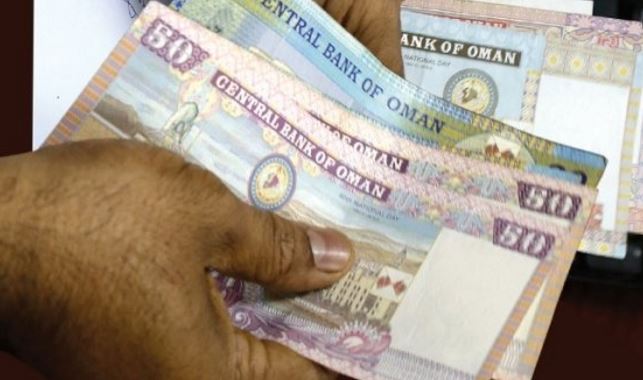
Muscat: An “army of officers” will help fill government coffers with as much as OMR250 million when the new corporate tax increase is implemented, a Majlis Al Shura member said.
Get your essential daily briefing delivered direct to your email inbox with our e-newsletter
In a joint session last Thursday, the State Council and Majlis Al Shura voted to substantially raise Oman’s 12 per cent corporate tax rate to 15 per cent.
“By increasing the tax, the government will be able to earn money ranging between OMR125m and OMR250,” Tawfiq Al Lawati, the Shura member, told Times of Oman.
The ‘army’ will help enforce collection. According to the Shura member, only 4,000 of 20,000 registered Omani companies pay tax.
“An army of officers will be deployed to collect tax from companies in Oman when the new tax is implemented,” Tawfiq, who is also heading a Sultanate panel to study austerity measures to cushion the effects of the economic crisis, said.
“The officials will do random checking to find the violators. Violators will be penalised in terms of non-renewal of contracts, issuance of job visas and all,” Tawfiq added.
Last year, until November, the corporate income tax collected in Oman was OMR427.5 million, which was a 4.5 per cent increase compared to the same period in 2014.
Stay ahead of the rest and download our free WhatsNews app for Apple, Android or Blackberry
In December last year, the Shura voted ‘yes’ to a 3 per cent increase in corporate income tax, removing the tax free ceiling of OMR30,000 for companies and bringing all companies under taxation regardless of their grade.
However, as the State Council had some reservations, the proposal was discussed in the joint meeting last Thursday.
Saleh bin Said Masan, Head of the Economic and Financial Committee in Shura, said that small and medium enterprises, having a capital investment up to OMR50,000 and turnover up to OMR100,000 will have to pay only 3 per cent tax if they meet certain other conditions.
“The conditions are connected to Omanisation,” the economy committee head said.
“Companies, which are not SMEs and having capital investment above OMR50,000 will have to pay 15 per cent tax,” the economy committee head added.
A member from Oman Chamber of Commerce and Industry (OCCI) said that there will be an impact on market but it will be short.
“In short-term companies may struggle. But in long term, companies can benefit from this move as it will push them to be more professional in improving their businesses,” Haitham Al Mamari, the OCCI member, said.
An industrialist in Oman said that the new tax system will help small and medium enterprises and for big companies, it’s the time for them to support the government.
“If there are certain relaxations in tax reform for SMEs, then it’s a positive move,” Anvwar Al Balushi, chairman of Anwar Asian Investment Group, said.
A Muscat-based investment advisor said that considering the current economic scenario, various measures of imposing tax may ease the cash deficit in the short term, however, it will have an adverse effect on the economy in the long run.
“Focusing on alternate income is the key to bring in balance in the economy. It’s time to encourage the local companies to support business and ease policies. It’s the right time to raise level of confidence to enhance the business rather than making it stiffer and competitive,” Dr Anchan C K, managing director at World Wide Business House, an investment advisory firm in Oman, said.
In January, the Oman government had unveiled its OMR3.3 billion deficit budget with a series of spending cuts and tax hikes to offset decreased revenues following the drop in oil prices.
Oman had posted a budget deficit of OMR4.5b in 2015, as revenues more than halved. In the report, the IMF said despite actions taken so far, the dip in oil prices has affected Oman’s economy.